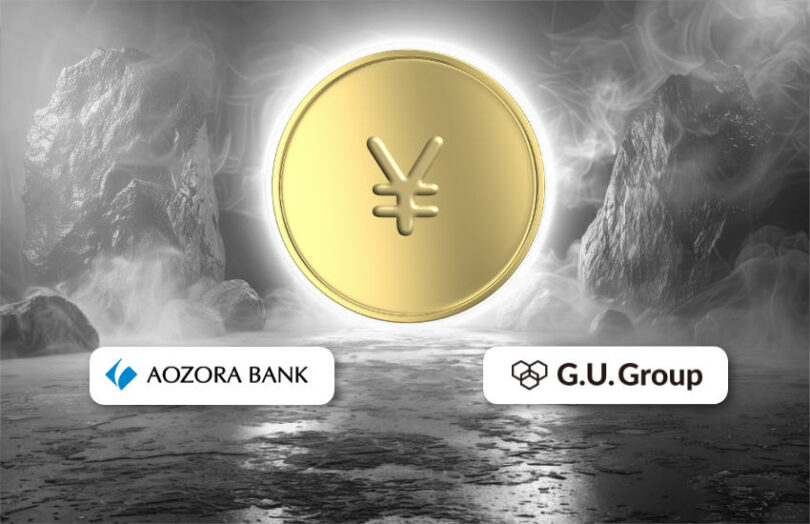Japanese startup Gu Group said it signed a memorandum of understanding with Aozora Bank to ‘consider’ issuing stablecoins. Japan has three different types of stablecoins, with banks capable of issuing two of them – either deposit tokens or trust-based stablecoins where the assets are ring-fenced and held on behalf of the issuer. This agreement is for trust-based stablecoins. Additionally, Aozora also invested Yen 150 million ($1 million), bringing the total Gu Group backing to Yen 1 billion ($6.7 million).
Gu Group is the founder of Japan Open Chain, an Ethereum compatible public blockchain where the nodes are operated by enterprises. The validators include Sony subsidiary Corgear, NTT Docomo, Dentsu and Fukuoka Financial’s digital bank, Minna no Ginko.
One of Gu’s subsidiaries has developed the Gu Coin Studio for the issuance and distributions of stablecoins and is designed to link to existing accounting systems.
Gu previously ran a stablecoin trial with three smaller banks, Minna no Bank, which is now a blockchain validator, Tokyo Kiraboshi Financial Group and Shikoku Bank.
Aozora Bank has other indirect digital currency interests. GMO Aozora Net Bank is the first bank participant in the DCJPY initiative, the Japanese tokenized deposit platform, which was launched in late August. Aozora owns half of GMO Aozora Net Bank, but its partner GMO is an investor in DCJPY’s creator, DeCurret.
Meanwhile, one of the most interesting stablecoin initiatives out of Japan, was the recent announcement by Progmat Coin that Japan’s big three banks will use stablecoins for cross border payments. Rather than getting clients to use wallets, they will initiate payments in the conventional way, and the banks will use the stablecoins behind the scenes.
Ledger Insights Research has just launched a report on tokenized deposits, bank stablecoins and DLT payments.






